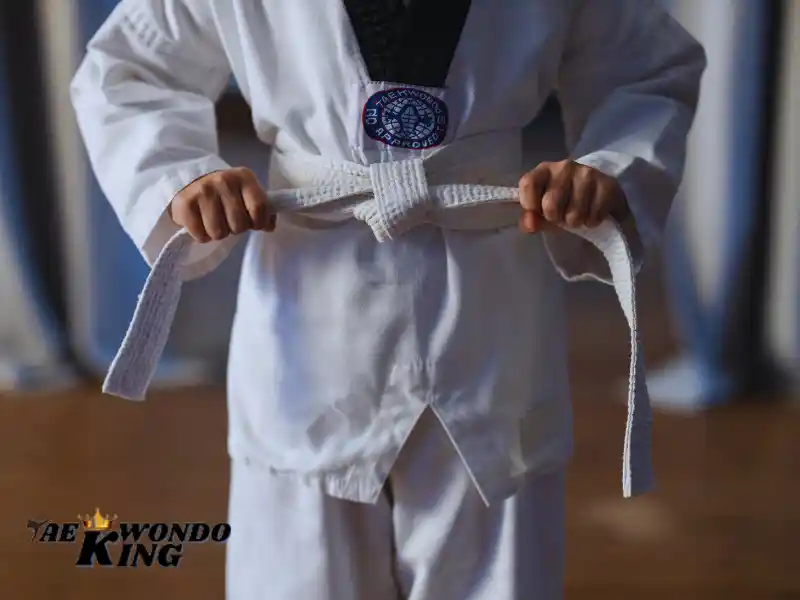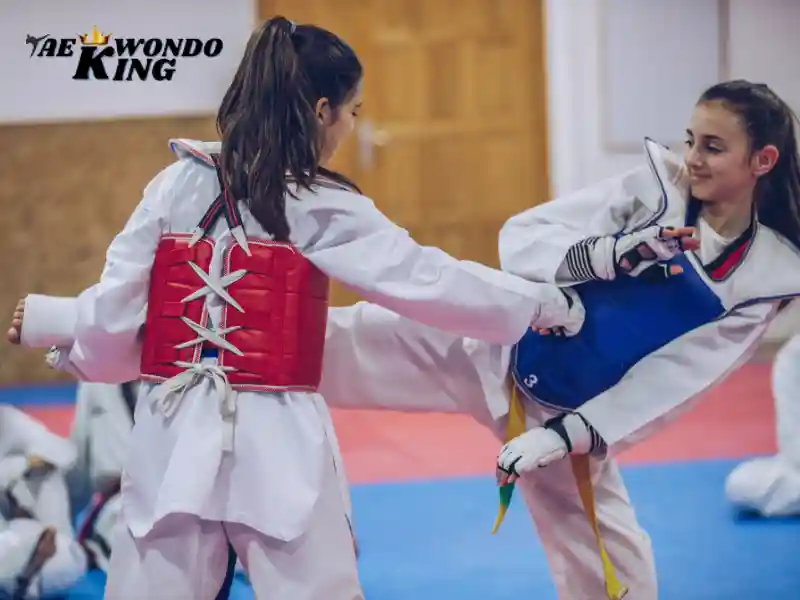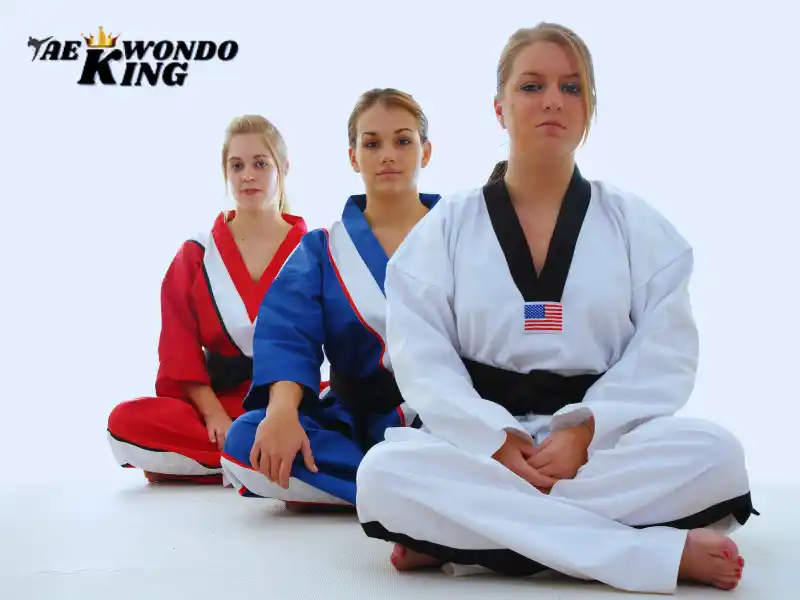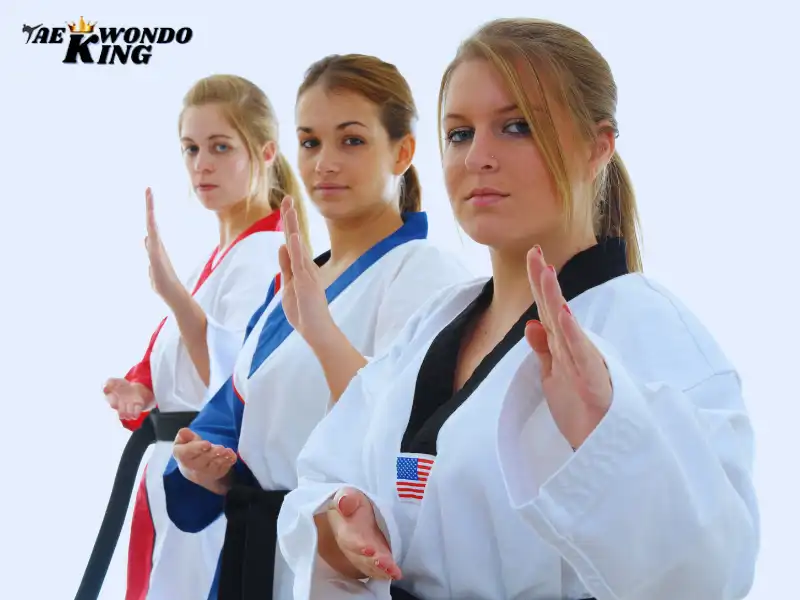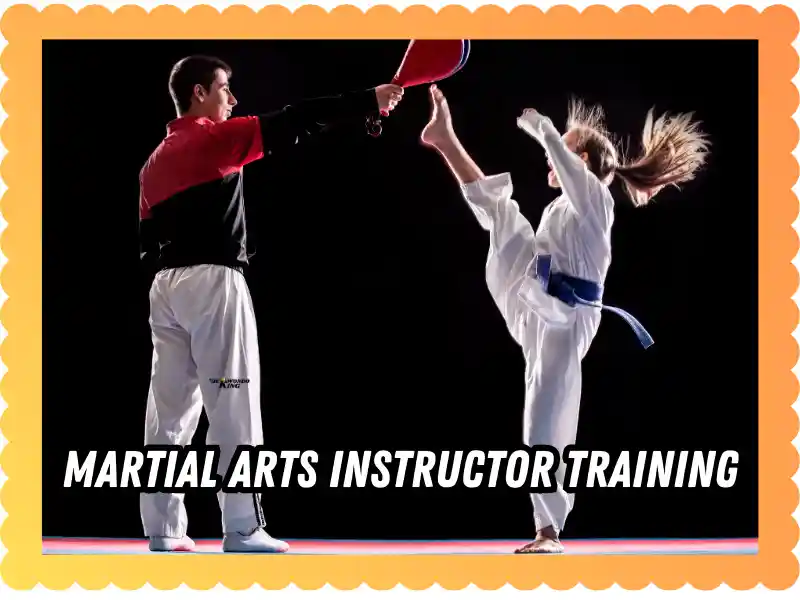
Stepping into my first Martial Arts Instructor Training class in Denver felt like diving headfirst into a wild adventure. I had years of practice, but learning how to teach others was a whole new game. After countless hours on the mat and even more moments of self-doubt, I found my true voice as a coach.
In this guide, I’ll share what I wish I knew back then , the small wins, the big lessons, and how you can start strong. Stick around if you’re ready to turn your passion into a powerful journey.
This article explores the key aspects of martial arts instructor training, including online options, school operation, and how to handle problem students.
Why Become a Martial Arts Instructor?
Teaching martial arts is more than just training new students. It’s about sharing a passion, helping people grow, and maintaining a safe learning environment. Many professional instructors choose this path to:
- Develop leadership skills
- Earn black belt skill recognition
- Gain full instructor status
- Help different students achieve their goals
Becoming a qualified instructor also provides career opportunities, including working at member schools, running your school, or offering online courses.
Requirements for Martial Arts Instructor Training
Necessary Experience
Before joining an instructor program, you need proper training. Most schools require at least a black belt skill level before considering instructor certification. Some programs, like the GMAU instructor course, offer structured training.
Legal Requirements
Every country or state has different legal requirements for martial arts instructors. Some may require:
- Background checks
- First aid & CPR certification (1st aid/CPR instructor)
- Liability insurance
- Business licenses for school operation
Checking local laws before starting is crucial.
Instructor Certification Programs
To teach martial arts, you must enroll in an instructor program. Options include:
- Krav Maga Instructor Certification – Ideal for self-defense training
- Shotokan Karate Ultimate Instructor Course – Designed for traditional karate training
- CMAT Instructor Training – Covers advanced martial arts teaching techniques
- Online Course Certifications – Perfect for flexible learning
Some programs provide instant access to training materials, while others require in-person training.
Check the Taekwondo Equipment’s latest price on Amazon.

Types of Martial Arts Instructor Training
Here I will show you the Types of Martial Arts Instructor Training:
Shotokan Karate Instructor Training
Shotokan Karate is a traditional style that focuses on power, discipline, and kata. The Shotokan Karate Ultimate Instructor Course helps instructors gain full instructor status.
This course covers:
- Advanced katas and techniques
- Teaching different students
- Managing low student levels
Muay Thai Instructor Training
Muay Thai is a combat sport focusing on strikes using fists, elbows, knees, and shins. Instructors must have a strong foundation and complete additional teacher training.
Key focus areas include:
- Strength and conditioning
- Teaching new students basic strikes
- Handling problem students
Krav Maga Instructor Training
Krav Maga is a self-defense system used by military and law enforcement. To become a Krav Maga instructor, you must complete an instructor program like the Krav Maga Instructor Certification.
Skills taught include:
- Defense against armed attackers
- Fast reaction training
- Training top gear students
Online Martial Arts Instructor Training
For those who need flexibility, online course options provide instant access to training. Many college featured articles highlight the benefits of online training, including:
- Learning at your own pace
- Access to featured articles and videos
- No travel required
Programs like GMAU Instructor Certification provide high-quality training with online testing.
How to Teach Martial Arts Effectively
Handling Different Students
Each student learns differently. New students need more patience, while top gear students require advanced techniques. A good instructor must:
- Adapt teaching methods
- Encourage discipline and focus
- Identify and support low student levels
Dealing with Problem Students
Problem students can disrupt the class. A professional instructor should:
- Set clear rules
- Use positive reinforcement
- Guide students towards self-improvement
Ranking and Testing Students
A martial arts school must rank students properly. Testing involves:
- Demonstrating learned techniques
- Showing discipline and control
- Meeting skill requirements for the next rank
Proper ranking keeps students motivated and ensures skill development.
School Operation and Business Aspects
Running a Martial Arts School
Operating a school involves more than teaching. You must handle:
- Payment methods for student fees
- Marketing and advertising
- Maintaining safety standards
Online Options for Schools
Many schools now offer online courses for remote students. This allows:
- More accessibility for students worldwide
- Passive income for instructors
- Greater flexibility in teaching
Member Schools and Associations
Joining member schools under a recognized organization improves credibility. Many professional instructors become part of organizations like:
- World Karate Federation
- International Krav Maga Federation
- Muay Thai World League
Being a part of these groups enhances reputation and attracts more students.
Achieving Full Instructor Status
To reach full instructor status, you must:
- Complete a certified instructor program
- Gain necessary experience
- Pass an exam and evaluation
Some programs, like Leo Grant Certified Instructor Training, provide official recognition worldwide.
Conclusion
Becoming a martial arts instructor is a rewarding journey. It requires dedication, training, and meeting legal requirements. Whether you specialize in Krav Maga, Shotokan Karate, or Muay Thai, martial arts instructor training prepares you to teach with confidence.
Start your journey today with online course options, or enroll in an instructor program to achieve full instructor status.
FAQ: Martial Arts Instructor Training
To become a certified instructor, complete a training program, meet legal requirements, and gain teaching experience. Some programs offer online courses for flexibility.
Popular styles include Krav Maga, Shotokan Karate, and Muay Thai. Each style has its own instructor programs and certification requirements.
Yes, many programs offer online options with instant access to training materials, video lessons, and exams. This allows flexible learning from anywhere.
Most schools require a black belt skill level, 1st aid/CPR instructor certification, and completion of an instructor program before teaching new students.
Yes! Once certified, you can open a school, teach at member schools, or offer online courses. Ensure you meet legal requirements for school operation.
Learn more about martial arts instructor training and start your journey today!


Founder, Owner, and CEO of TaekwondoKing.
He is one of the top 100 martial artists in the World and among the top 20 referees in Bangladesh.
Ehatasamul Alom is an esteemed Kukkiwon Certified Taekwondo 3rd Dan Black Belt with over 15 years of experience in this dynamic martial art. Born in Rajshahi, Bangladesh, Ehatasamul’s journey with Taekwondo began at the tender age of seven. His passion led him to compete at national and international levels, where he has bagged numerous awards and honors. He is also a member of the Taekwondo National Referee Panel.
With a Bachelor’s degree in Sports Science from the prestigious Rajshahi University, Ehatasamul has a deep understanding of the technical and scientific aspects of martial arts and some other martial arts.
In 2022, Ehatasamul created the “TaekwondoKing.com” to share his knowledge, Free Resources, Values, and Real experiences. His articles focus on Taekwondo training techniques, competition strategies, Sport Products Reviews, and the art’s rich history and philosophy. He also writes about the importance of mental fortitude and discipline, key aspects of his teaching philosophy. He has already launched many sports, Taekwondo, and health-related Free online tools. His goal is to inspire both beginners and seasoned practitioners worldwide through insightful and engaging content.
If you need any help, contact Ehatasamul Alom at any time.

